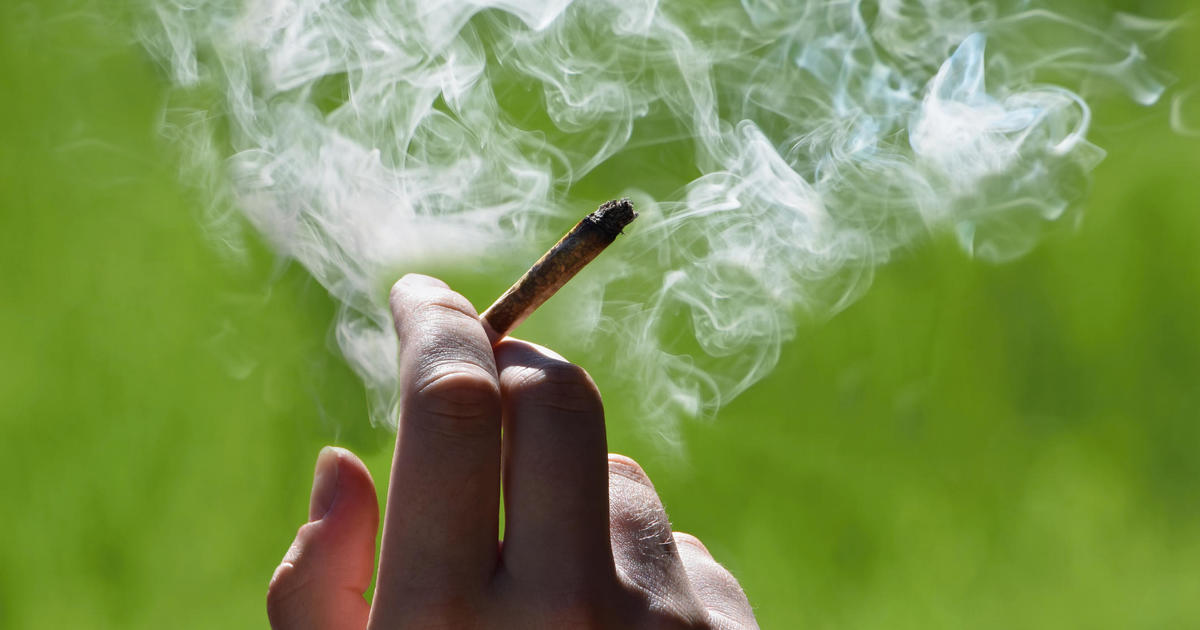How Do Lie Detector Tests Work? How Accurate Are They?
MINNEAPOLIS (WCCO) -- It's a common practice used by attorneys and law enforcement – polygraphs.
But, how do they work? And, how accurate are they? Good Question.
The test can last up to two hours and measures a body's response to various questions. Michael Smith is trained to give polygraphs and says it starts with a 45-minute to hour-long talk about the polygraph, the questions and what to expect.
"Everyone who comes into my office is very nervous," he says.
After the discussion, or pre-test, Smith then hooks the person to a number of devices that measure heart rate, breathing and sweat glands. At first, he asks a series of non-important questions before diving into relevant ones in which he can compare the body's response.
A relevant question could be: Did you steal something from this house? A comparison question could be: Did you ever tell a lie to a friend or family member?
He then compares the responses by hand to determine if he believes the person is deceptive, not deceptive or inconclusive.
"As long as they're valid and reliable, it's quite better than chance," Smith says. "In forensic sciences, if we can get 85 to 95-percent accuracy, that's pretty good."
Polygraphs cannot be used in court. In Minnesota, they're not allowed to be used to interview prospective employees.
Critics have suggested accuracy rates for polygraphs are about 70 percent. According to the American Psychological Association (APA), "the most practical advice is to remain skeptical about any conclusion wrung from a polygraph."
The APA says "there is no evidence that any pattern of physiological reactions is unique to deception."
Mark Osler, a former federal prosecutor who now teaches at the University of St. Thomas School of Law, says polygraphs are problematic because people who believe their lies – sociopaths -- they don't show up as lying.
He also points out there are effective ways to beat the test. Smith says he knows many of those tricks and can identify them and call the person out if it's happening.
Osler often used polygraphs as an investigative tool during his prosecutor days to encourage people to talk.
"Lie detector tests are used, in large part, because they create an environment where they tell the truth before the test occurs," Osler says. "It's really the pre-test very often where the investigator is going to get the truth to come out."



